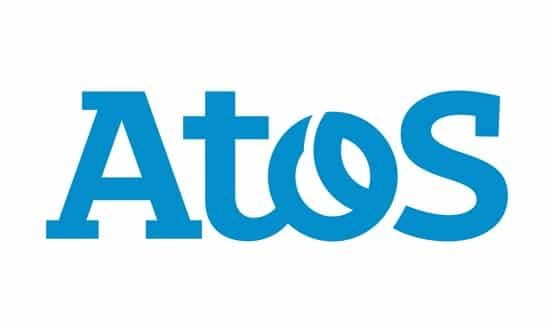NAO Praises NHS Direct Implementation
- 25 January 2002
The first national evaluation of NHS Direct, the flagship NHS nurse-led telephone health advice service, concludes that the service has been a success and praises the way the project has been managed and the key IT system procured and implemented.
The telephone advice service, which uses a national clinical decision support system, is redirecting up to 50% of callers to more appropriate care and helping to reduce demand on local healthcare services.
Today’s National Audit Office (NAO) report also states that NHS Direct is operating safely. In three years of operation there were 29 adverse event cases, less than one for every 220,000 calls.
Introduced in England in 1998, NHS Direct is now the world’s largest provider of telephone health advice. The equivalent of 1,150 specially trained nurses, operating out of 22 call centres, handled 2.5m calls in 200-2001, and demand is expected to double in the coming year.
The NAO report concludes that the service redirects large numbers of callers – up to 50% — away from the course of action they had originally intended.
Sophisticated IT is at the heart of the service. Though three different clinical decision support systems were used by the first NHS Direct pilots – tight Government deadlines meant the service didn’t have time to procure a national system before launch – the NAO report describes the subsequent £70m procurement of a national system from Axa Assistance as a notable success.
"The system was in place in all sites by October 2001, six months later than specified in the contract to allow for better planning of the roll out," states the report. However, it notes that while the software has worked well the target to reduce call length has yet to be met.
The speed with which NHS Direct Online was established to meet tight targets is also praised. "To meet such a demanding target was a considerable achievement," notes the report.
Bob Gann, head of NHS Direct Online, told E-Health Insider that it took just six months to get the online service set up. "Our approach was to get the online and get people using the service, rather than spend ages piloting it."
He added that as well as working with Axa Assist – who also provide support for the website – NHS Direct Online continues to work with a range of other partners such as content providers. "This iterative partnership approach is the most important thing to share with others," said Gann.
Drawing lessons for other future development projects the NAO report notes that the very tight timetable – four waves of pilot sites between 1998 and 2000 – allowed little opportunity for lessons to be learnt and applied.
"However, the short lines of communication between the project team and those implementing the roll-out meant that the key lessons were taken forward, with central guidance provided at each stage," notes the report.
The report adds that allowing local site providers to develop their own models of local implementation was crucial to the successful achievement of the timetable.
Sir John Bourne, head of the NAO, praised NHS Directs’ achievement in meeting demanding Government targets: "The service is valued by those who use it and, according to the evidence available, is starting to meet its aim of directing people to more appropriate forms of healthcare."
“The system appears to provide a useful out-of-hours service and has helped to reduce GPs’ workload,” commented Professor David Haslam, chairman of the Royal College of General Practitioners. "However, there is no way NHS Direct can match the continuity of care provided by general practice".
The report argues that longer term strategic and business planning is now needed to meet increasing demand for NHS Direct. In particular, a human resources strategy is needed to cope with the predicted doubling in demand this year.
"The challenge now for NHS Direct is to meet the expected rapid increase in callers and to set a clear future direction for the service," said Bourne.
NHS Direct cost £22 million in start up costs. In 2000-2001 it cost £78 million to run. Projected running costs for 2001-2002 are £99 million as usage doubles.




